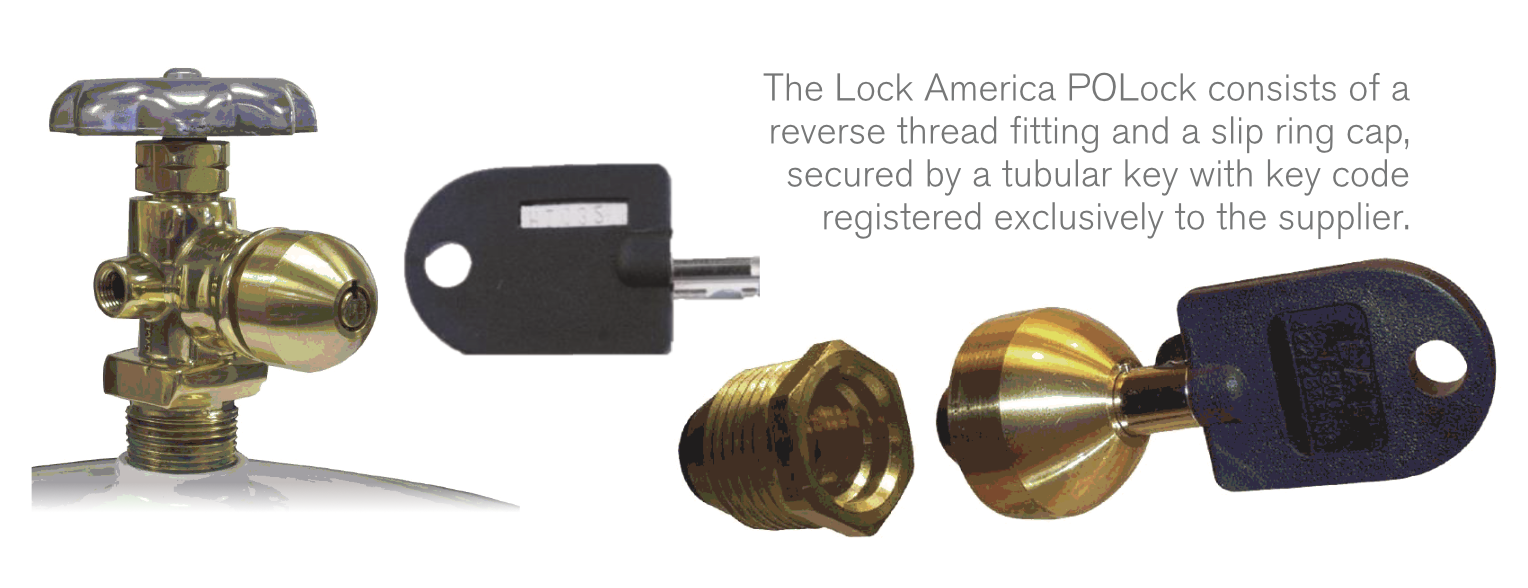Decrease Your Potential Liability and Protect Your Cashflow
The Liability Risks of Poorly Secured Tanks
I probably don’t have to remind you of the periodic judgments against propane suppliers for personal injury and property loss, judgments which can easily run into hundreds of thousands of dollars. Fortunately, propane accidents don’t happen often, but when they do the result can be catastrophic, for the victim and for the supplier. Certainly, you train your staff to follow your safety and security procedures. And that should protect you. But you can’t train and control your customers, or anyone else who accesses the tanks you supply.
The following cases outline the steps you need to take to protect you and your customers, and the consequences if you don’t take them. There is an army of personal injury lawyers waiting to pounce on any missteps. Just Google “propane injury or propane settlement” to view the roster.
Inspect For Line Corrosion Periodically, And Always Inspect When You Add a New Customer
In South Dakota, plaintiffs sustained serious burns when propane gas leaked from a corroded gas line located in the basement. The propane company failed to conduct mandatory testing and inspection of the propane system. Settlement was reached shortly before trial.
In North Dakota, the plaintiff sustained serious burns when propane gas leaked from a corroded gas line located in his basement. The propane company failed to conduct mandatory testing and inspection of the propane system, or to upgrade an out-of-date regulator which was required to be removed and replaced with a new one. Settlement was again reached shortly before trial.

Always Secure Outlet Lines with Tamper-Resistant Security Hardware
After ensuring that safety procedures are followed, invest in adequate hardware to secure your tanks. An unsecure plug device that can be easily bypassed can leave a supplier and their business exposed to significant financial liability.
Two multi-million-dollar lawsuits indicate just how much the failure to secure can cost:
A Louisiana natural gas supplier was sued for damages caused by an explosion, and a jury awarded $11 million, even though the supplier had put what they considered to be an adequate outlet plug device on the tank that exploded. The customer, who was disconnected for non-payment at the time of the explosion, apparently had little-to-no difficulty removing the outlet valve device with a simple wrench, eventually resulting in a devastating explosion. A jury determined that the supplier had inadequately secured the disconnected gas line. An unsecure outlet valve plug and a simple red warning tag couldn’t stop its customer or protect the company from the resulting liability.
If customers can easily bypass an inadequate outlet valve plug and provide access to the tank to a careless supplier, there could be a heavy price to pay, because courts and juries appear more than willing to hold gas suppliers responsible for their customers’ careless behavior. In words of the judgment, any device “that can be opened with ordinary household tools could not be considered a locking device.”
A second case dealt with an Indiana propane gas dealer that chose to disconnect and secure a half-full tank with just a warning label and an outlet plug device that apparently was easy to remove. The plaintiff in the case claimed damages after they themselves had tampered with the outlet plug device. After removing the device, the plaintiff reconnected the tank by himself, which led to an explosion with serious injuries to a number of people. And—surprise—the victim who had reconnected the tank then sued the supplier, apparently for not protecting him from himself.
In this case, the court held that the propane supplier “owed general duty of reasonable care to any person who might be injured by its propane.” The case went to a jury trial, after considerable legal expenses to the supplier. The court acknowledged that the outlet valve plug “was mysteriously removed and the gas line was mysteriously reconnected,” but denied the supplier’s request for summary judgment.
Empty propane tanks and inadequately secured disconnected tanks can be expensive accidents waiting to happen, but there are steps a marketer can take to prevent tampering and reduce risk.
It is crucial to choose a locking system to secure your network that does more than deter tampering. You need a locking system that prevents tampering. And that means brass and stainless teel, and your own key code.
Lock America manufactures a heavy-duty brass lock specifically designed to lock out the outlet pipe of a propane tank, and a brass and chromed steel fill valve lock to prevent unauthorized filling attempts. The caps for the Fill Valve and the POLocks fit over a slip ring. Each lock is keyed to your company, so a driver only needs one key for a route. Lock America registers each key code for secure fast replacement, so operators can order additional locks and keys with the same code.
Protecting Your Revenue: The Payoff from Secured Tanks
In these days of highly volatile fuel prices, auto-fill price guarantee contracts benefit suppliers and customers. For the supplier, it’s important to prevent customers from “shopping around” when prices take an unexpected drop. To maintain that contract, a fill valve lock such as Lock America’s ensures that only your fuel goes in the tank. It’s as easy as 1-2-3. Remove the plastic cap, screw on the ring, snap the slip ring cap in place.
With a secure locking system, you can protect against liability and protect against lost revenue. Why trust your customers to be careful around their fill valve and outline lines. Don’t just deter tampering. Take the steps to prevent it.
Rich Morahan writes frequently about security and marketing for the propane and other industries, including information management, petroleum distribution and self-storage. You can contact him at 617-240-0372 or rmwriteg@gmail.com or visit www.rmorahan.com.


